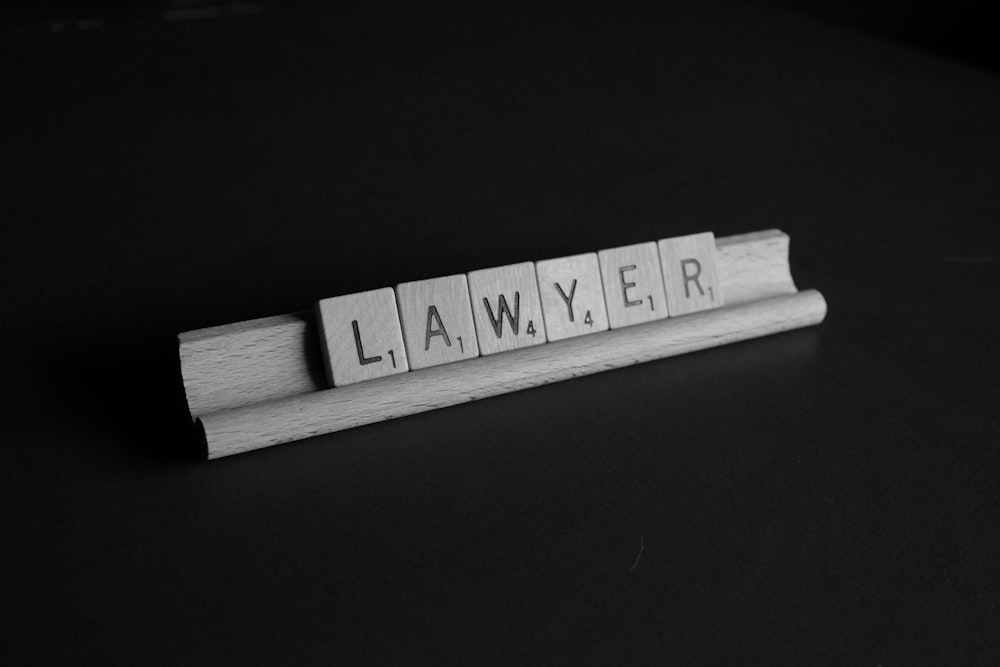Exploring the Law of Agency Key Principles Unveiled
Understanding the Essence of the Law of Agency
In the realm of business law, the concept of agency plays a fundamental role in defining relationships and responsibilities between parties. Exploring the law of agency unveils key principles that govern these intricate dynamics, shedding light on the legal framework that underpins business operations and transactions.
The Concept of Agency: An Overview
At its core, agency refers to the relationship between two parties in which one, known as the principal, authorizes the other, known as the agent, to act on their behalf. This relationship gives rise to certain rights, duties, and obligations,
Sale Contract Formation in Practice Essential Insights
Navigating Sale Contract Formation: Key Considerations
In the realm of commerce, sale contract formation is a critical aspect that demands careful attention and consideration. Understanding the intricacies of this process is essential for both buyers and sellers to ensure a smooth and legally binding transaction. Let’s delve into some essential insights into sale contract formation and explore the key considerations involved.
Understanding Sale Contract Formation
Sale contract formation refers to the process by which a legally binding agreement is established between a buyer and a seller for the purchase and sale of goods or services. This process typically involves several
Understanding Adverse Possession Property Law Explained
Understanding Adverse Possession: Property Law Explained
Exploring the Concept:
Adverse possession is a legal principle that allows an individual to claim ownership of land under certain conditions. While the specifics may vary depending on jurisdiction, the general idea is that if someone openly, continuously, and exclusively occupies a piece of land without the permission of the true owner for a specified period of time, they may acquire legal title to that land. This principle has its roots in ancient common law and serves to promote the productive use of land while also providing a mechanism for resolving disputes over property
Negligence Car Accident Case Law Key Legal Precedents
Introduction:
In the realm of car accidents, understanding negligence car accident case law is crucial. This body of legal precedents shapes how courts determine liability and compensation in cases involving negligent driving. In this article, we’ll explore key legal precedents in negligence car accident case law, providing insights into how courts have interpreted and applied negligence principles in various scenarios.
Defining Negligence in Car Accidents:
Negligence in car accidents refers to the failure of a driver to exercise reasonable care while operating a vehicle, resulting in harm to others. This could include actions such as speeding, distracted driving, running red
Navigating Administrative Law Key Principles and Procedures
Understanding Administrative Law: A Comprehensive Overview
Introduction to Administrative Law:
Administrative law governs the activities of administrative agencies of government. It encompasses the rules, regulations, and procedures these agencies follow when implementing laws passed by the legislative branch. Administrative law plays a crucial role in shaping public policy and ensuring the proper functioning of government.
The Role of Administrative Agencies:
Administrative agencies are tasked with implementing and enforcing laws within specific areas of jurisdiction. These agencies are responsible for interpreting statutes, drafting regulations, adjudicating disputes, and providing guidance to the public. Examples of administrative agencies include the Environmental Protection Agency
Understanding Tort Law Essential Insights for Every Citizen
Unraveling the Intricacies of Tort Law: Essential Insights
Tort law is a cornerstone of the legal system, governing civil wrongs and providing remedies for individuals harmed by the actions of others. Understanding the fundamentals of tort law is essential for every citizen, as it impacts various aspects of daily life, from personal injury claims to property disputes. In this article, we delve into the essential insights of tort law, shedding light on its principles, applications, and significance in modern society.
Defining Tort Law
At its core, tort law encompasses civil wrongs that result in harm or injury to individuals or
Islamic Law in Modern Context Challenges and Adaptations
Navigating Islamic Law in Today’s World
In the modern context, Islamic law, also known as Sharia, faces a myriad of challenges and requires adaptations to meet the evolving needs of Muslim societies. While rooted in tradition and religious principles, Islamic law must grapple with contemporary issues ranging from governance to human rights. This article explores the challenges and adaptations of Islamic law in the modern world.
Interpreting Traditional Principles
One of the primary challenges facing Islamic law in the modern context is the interpretation of traditional principles in light of contemporary realities. Scholars and jurists must navigate the complexities of







